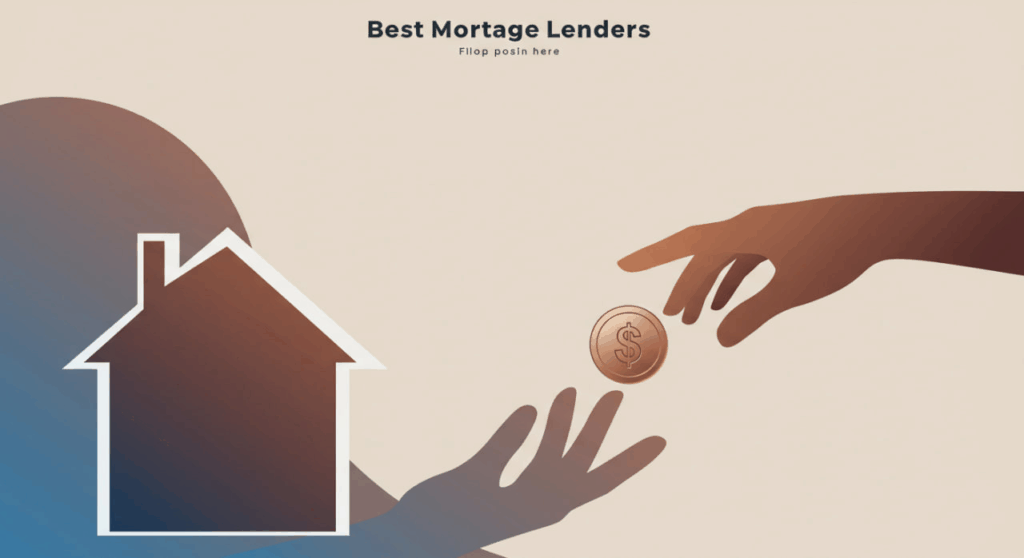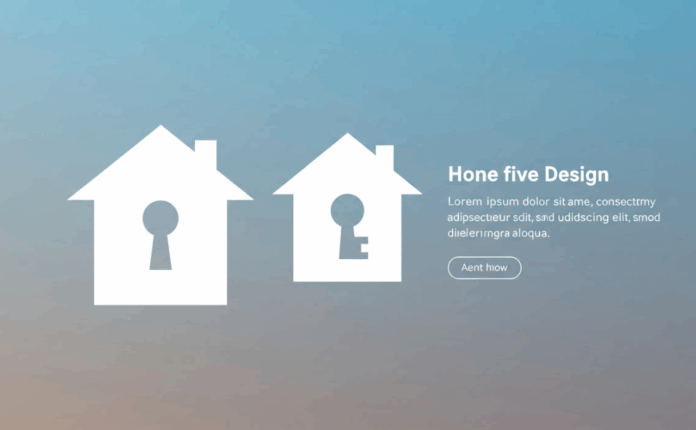Finding the right mortgage lender can feel like navigating a maze, but it doesn’t have to be. This guide will help you understand the key factors to consider when choosing a lender and highlight some of the best options available.
Understanding Your Needs
Before you even start looking at lenders, it’s crucial to understand your financial situation. Determine how much you can comfortably afford, considering not only the monthly payment but also property taxes, insurance, and potential HOA fees. Getting pre-approved for a mortgage can give you a realistic budget and strengthen your offer when you find the perfect home. Consider using a mortgage calculator to estimate your monthly payments.
Types of Mortgages
Different mortgages cater to different needs. Common types include conventional loans, FHA loans, VA loans, and USDA loans. Each has its own eligibility requirements and terms. Understanding the differences can help you choose the best fit for your circumstances. Learn more about the various types on a reputable financial website like Investopedia.
Interest Rates and Fees
Interest rates and fees are crucial factors to consider. Shop around and compare offers from multiple lenders to find the best rates. Pay close attention to the APR (Annual Percentage Rate), as this includes all fees associated with the loan. Don’t forget to factor in closing costs, which can vary significantly between lenders. Use a comparison tool like the one found on NerdWallet to help you compare.

Customer Service and Reviews
A lender’s customer service is just as important as their rates. Read online reviews and check out the Better Business Bureau (BBB) ratings before making a decision. Look for lenders known for their responsiveness, clear communication, and problem-solving skills. Check out our article on choosing lenders based on service for more tips.
Loan Processing Time
The time it takes to process your loan application can vary considerably between lenders. Some lenders are known for their efficient processing times, which can be beneficial, especially in a competitive market. When considering lenders, ask questions about their typical processing times and what you can expect during the loan process. This will allow you to set realistic expectations.
Online vs. Brick-and-Mortar Lenders
Choosing between an online and a brick-and-mortar lender often comes down to personal preference. Online lenders frequently offer competitive rates and streamlined processes, while brick-and-mortar lenders can provide a more personal touch and face-to-face interaction. Learn more about the pros and cons of each.
Pre-Approval vs. Pre-Qualification
Understanding the difference between pre-approval and pre-qualification is crucial. Pre-qualification is a less thorough process, whereas pre-approval involves a more in-depth review of your finances and credit history, providing a stronger position when making an offer on a home. We have a detailed guide on pre-approval and pre-qualification to help you understand.
Conclusion
Choosing the right mortgage lender involves careful consideration of several factors. By taking the time to understand your needs, compare offers, and research potential lenders, you can find the best fit for your home-buying journey. Remember, your mortgage is a significant financial commitment, so make an informed decision.
Frequently Asked Questions
What is the best type of mortgage for first-time homebuyers? The best mortgage for first-time homebuyers often depends on their financial situation and credit score. FHA loans, with their more lenient requirements, are popular options for first-time homebuyers.
How can I improve my chances of getting approved for a mortgage? Improving your credit score, saving for a larger down payment, and maintaining a stable income are all steps to increase your chances of approval.
What documents do I need to apply for a mortgage? You will typically need to provide proof of income, tax returns, bank statements, and identification. The specific documents required can vary by lender.
How long does the mortgage application process usually take? The time frame can vary, but it typically ranges from a few weeks to several months, depending on several factors including lender processing times and the complexity of the loan.
What are closing costs? Closing costs are various fees associated with finalizing a home loan, including appraisal fees, title insurance, and recording fees. These costs can add up, so understanding what to expect is critical.



